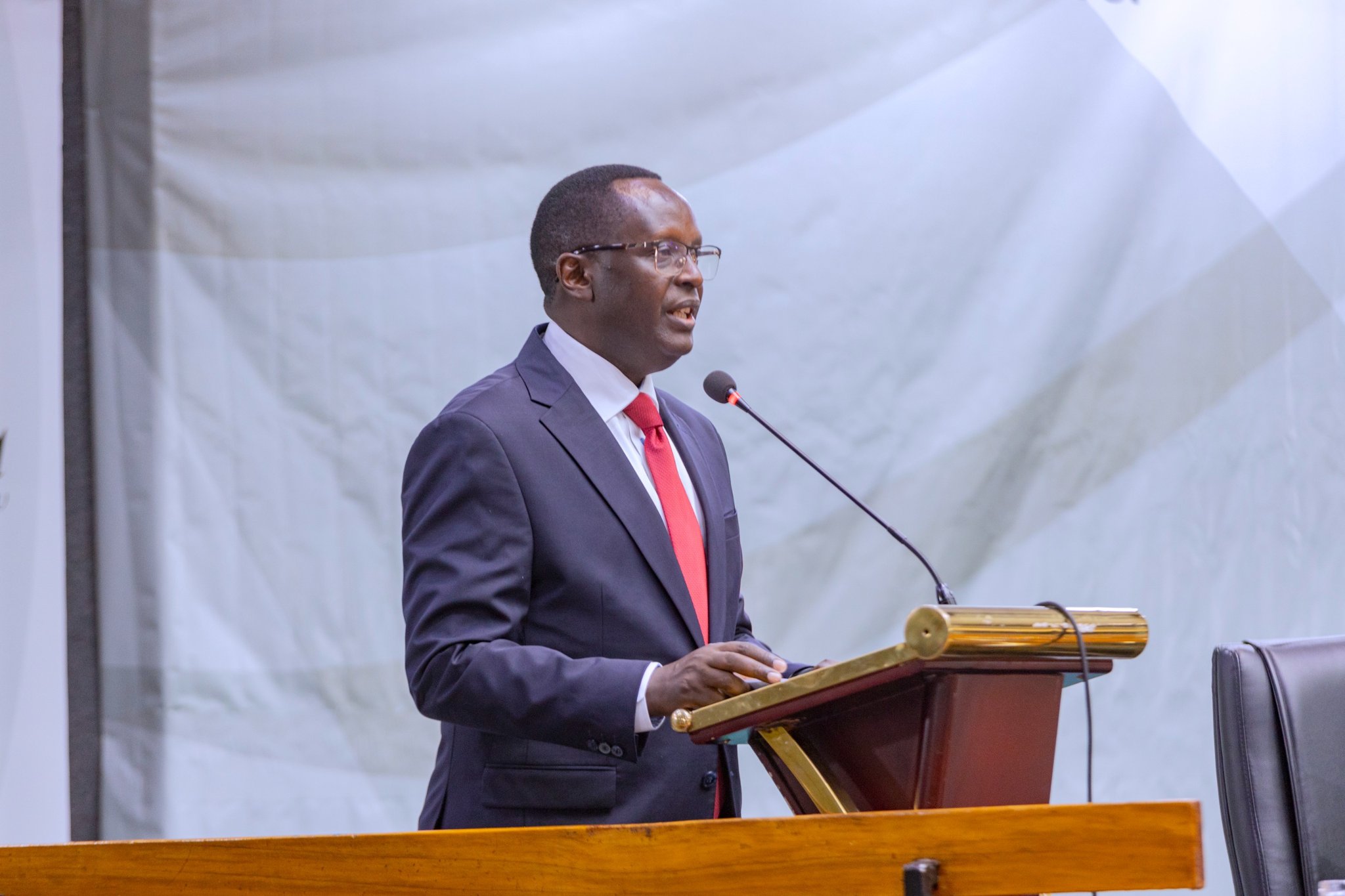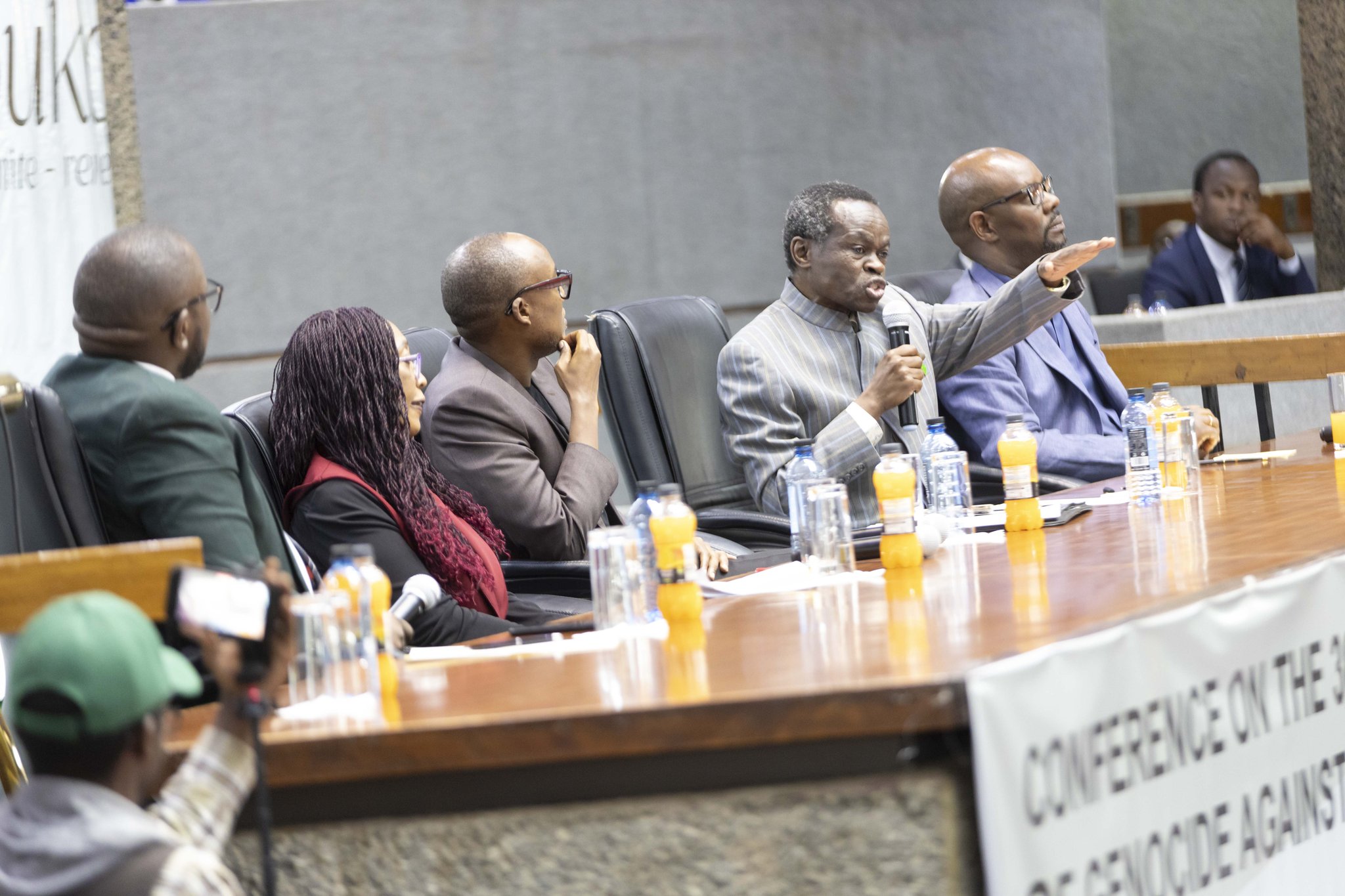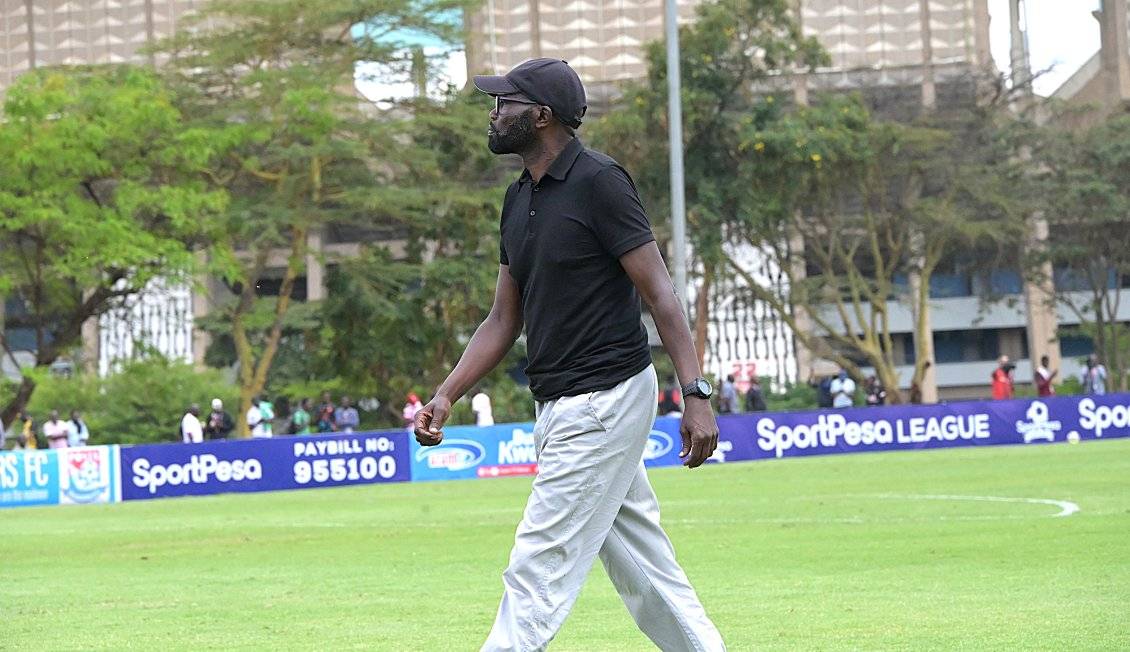Rwandan envoy to Kenya warns over global rise of hate speech

Ngoga reiterated that genocides are not spontaneous occurrences but are rooted in deep-seated prejudices, discrimination, and the systematic dehumanisation of specific groups, mirroring the circumstances in Rwanda.
The Rwandan High Commissioner to Kenya has emphasised the importance of drawing lessons from Rwanda's tragic history of the 1994 Genocide against the Tutsi to combat the growing prevalence of hate speech and intolerance worldwide.
Martin Ngoga spoke during the Conference on the 30th Commemoration of the Genocide against the Tutsi, convened in Nairobi on Thursday and attended by over 500 individuals, including the Rwandan community residing in Kenya, members of the diplomatic community, and allies of Rwanda.
More To Read
- Rwandan genocide suspect Francois Gasana extradited from Norway
- US arrests Rwandan genocide fugitive Vincent Nzigiyimfura after years on the run
- Rwanda’s UN envoy makes case for registry on international criminal matters
- France reopens genocide case against former UN worker Callixte Mbarushimana
- French court suspends genocide probe into Rwanda’s former First Lady over lack of evidence
- Rwanda denies destabilising eastern Congo, accuses DRC government of fuelling unrest
Ngoga reiterated that genocides are not spontaneous occurrences but are rooted in deep-seated prejudices, discrimination, and the systematic dehumanisation of specific groups, mirroring the circumstances in Rwanda.
"As we renew our resolve to prevent such atrocities from ever happening again, we are seeing dangerous trends of rising hate speech and intolerance in many parts of the world. Particularly troubling is the current widespread proliferation of hate speech and incitement to violence, things that were very clearly present in Rwanda immediately before the Genocide," he said.
He said these negative behaviours endanger human rights, social cohesion, and peace, thereby urging the international community to take decisive, intentional, and prompt measures.
Ngoga's sentiment was echoed by PLO Lumumba, a pan-Africanist and founder of the PLO Lumumba Foundation, who remarked that history shows humans often fail to learn from past mistakes.
 PLO Lumumba during the 30th Commemoration of the Genocide against the Tutsi on April 4, 2024. (X/Rwanda In Kenya)
PLO Lumumba during the 30th Commemoration of the Genocide against the Tutsi on April 4, 2024. (X/Rwanda In Kenya)
He lamented that despite the existence of the Convention on the Prevention and Punishment of the Crime of Genocide, another genocide occurred in Rwanda many decades later, with the international community failing to intervene.
"We must never forget that eternal vigilance is critical that we may preserve dignity among men. If we are not eternally vigilant, then we are likely to repeat the things that harm us. We cannot afford the luxury of doing nothing when we know that the perpetrators of evil are always in the business of planning the next evil," he noted.
Charity Kagwi-Ndungu, Former Trial Attorney at the International Criminal Tribunal for Rwanda (ICTR), who also participated in the conference in Nairobi, noted that there was a possibility to prevent the death of a million people during the Genocide against the Tutsi, had the international community had the will to do so.
"The world community could have done better for Rwanda. During that time there was still a lot of help and sympathy going to Habyarimana's regime. Also, the Security Council refused to use the word genocide because it would have required a global response," she explained.
Top Stories Today













































